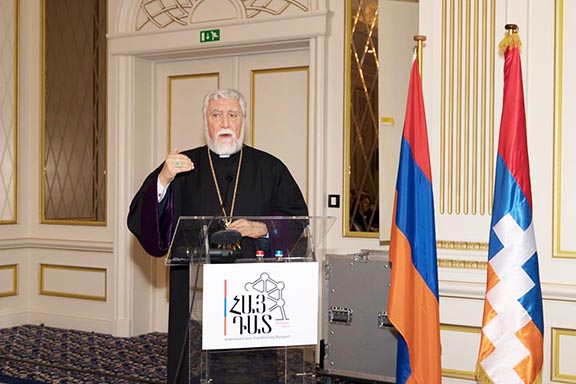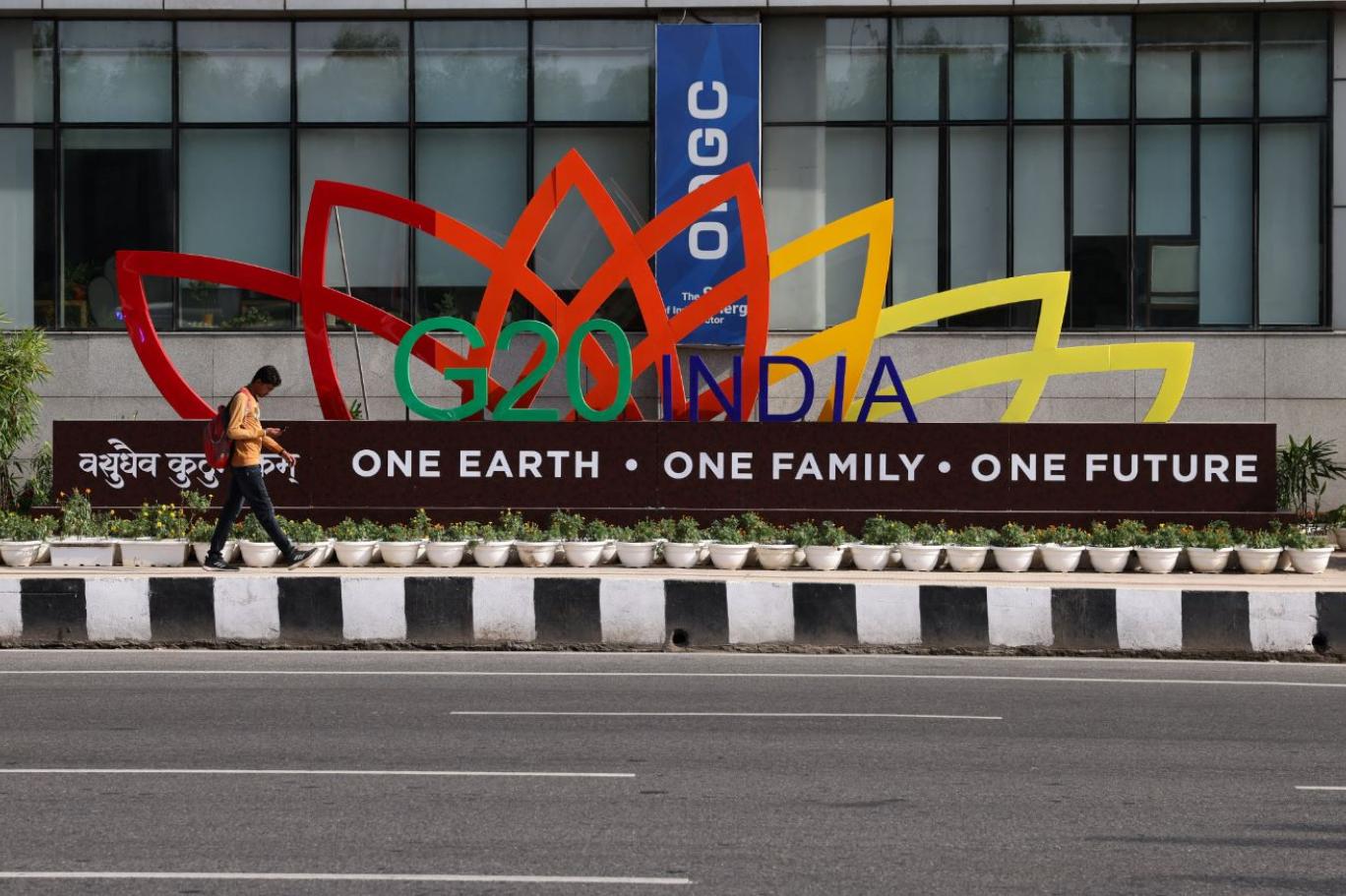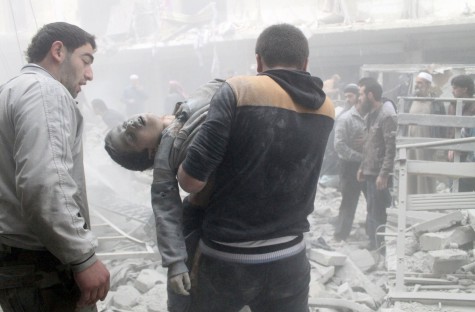The economic crises which the U.S. has not been able to overcome and which the EU has not found a way through yet also strains Eurasia in terms of fully exploiting its economical potential. When we look at the recent past, it could be seen that global economic depressions either resulted in war or were causes of a war. It is well known that economic interests guide and directs politics. Having taken lessons of historical experiences, in today's world , mechanisms have been formed in order to manage and harmonize economic interests. The organization which was formed as G-6 in 1975 by the US, UK, Japan, Germany, France and Italy, becaming G-7 the following year with the inclusion of Canada and G-8 in 1997 with the participation of Russia, has originated from the concept to shape global economy and politics through mutual understanding. The EU took its place among the members of this group with a special status. However, it has become evident in a short time that these eight actors fall short of being able to design the developments in global economics and when the UK and France’s initiatives to open the group to five new members (China, South Africa, Brazil and Mexico) failed, G-20 has been formed providing the opportunity for a more comprehensive global representation. During the Pittsburg Summit in September 2009, it has been put on record that G-20, as the main global economic council, has replaced G-8. Turkey will be hosting the G-20 Summit in 2015. The English Prime Minister has recently declared that the UK will be hosting the G-8 Summit in June 2013. The main interesting aspect of this announcement rather than being economic, is the fact that the conference will be held in North Ireland by the lakeside near the border of the Republic of Ireland indicating that the joint administration of the Protestant English and Catholic Irish now for five years in power has matured and that the separatist terrorist organization IRA no longer poses a threat. Another economic summit that merits attention is the conference of the D-8 leaders which met on 21-22 November in Pakistan. This group which was formed in June 1997 by developing countries whose populations are mostly Muslims (Indonesia, Malaysia, Bangladesh, Pakistan, Iran, Egypt, Nigeria and Turkey) has held its eighth summit by convening once in each country. The Secretariat of the D-8 is in Istanbul. (It is the second international secretariat in Istanbul besides the Black Sea Economic Cooperation Organization "BSEC"). Furthermore, the Summit of the Economic Cooperation Organization (ECO), formed by the republics of Central Asia, Afghanistan, Pakistan, Iran and Turkey, which was held recently in Azerbaijan has also been a milestone, drawing attention to the Eurasian economic development process. While negotiating for full membership with the European Union, Turkey is on its way to take its place in the process of global and Eurasian economic progress and guidance in direct proportion to its geographical position and economic development. It is probable that that this place will gain more prominence as the global economic gravity shifts from the West to the East towards the Pacific.
© 2009-2025 Center for Eurasian Studies (AVİM) All Rights Reserved
 A NEW ATTACK OF THE ARMENIAN CATHOLICOS OF ANTELIAS ARAM I IN BELGIUM
A NEW ATTACK OF THE ARMENIAN CATHOLICOS OF ANTELIAS ARAM I IN BELGIUM
 WHY SHOULD THE G-20 NOT ABOLISH ITSELF?
WHY SHOULD THE G-20 NOT ABOLISH ITSELF?
 ARMENIAN LEGAL ATTEMPTS ARE FUTILE
ARMENIAN LEGAL ATTEMPTS ARE FUTILE
 BOTH SIDES IN SYRIA ARE TARGETING CIVILIANS, U.N. REPORT SAYS
BOTH SIDES IN SYRIA ARE TARGETING CIVILIANS, U.N. REPORT SAYS
 ARBITRARY AND CARELESS DISCOURSES DEGENERATE THE LEGAL DEFINITION AND CONTENT OF THE TERM GENOCIDE
ARBITRARY AND CARELESS DISCOURSES DEGENERATE THE LEGAL DEFINITION AND CONTENT OF THE TERM GENOCIDE




























